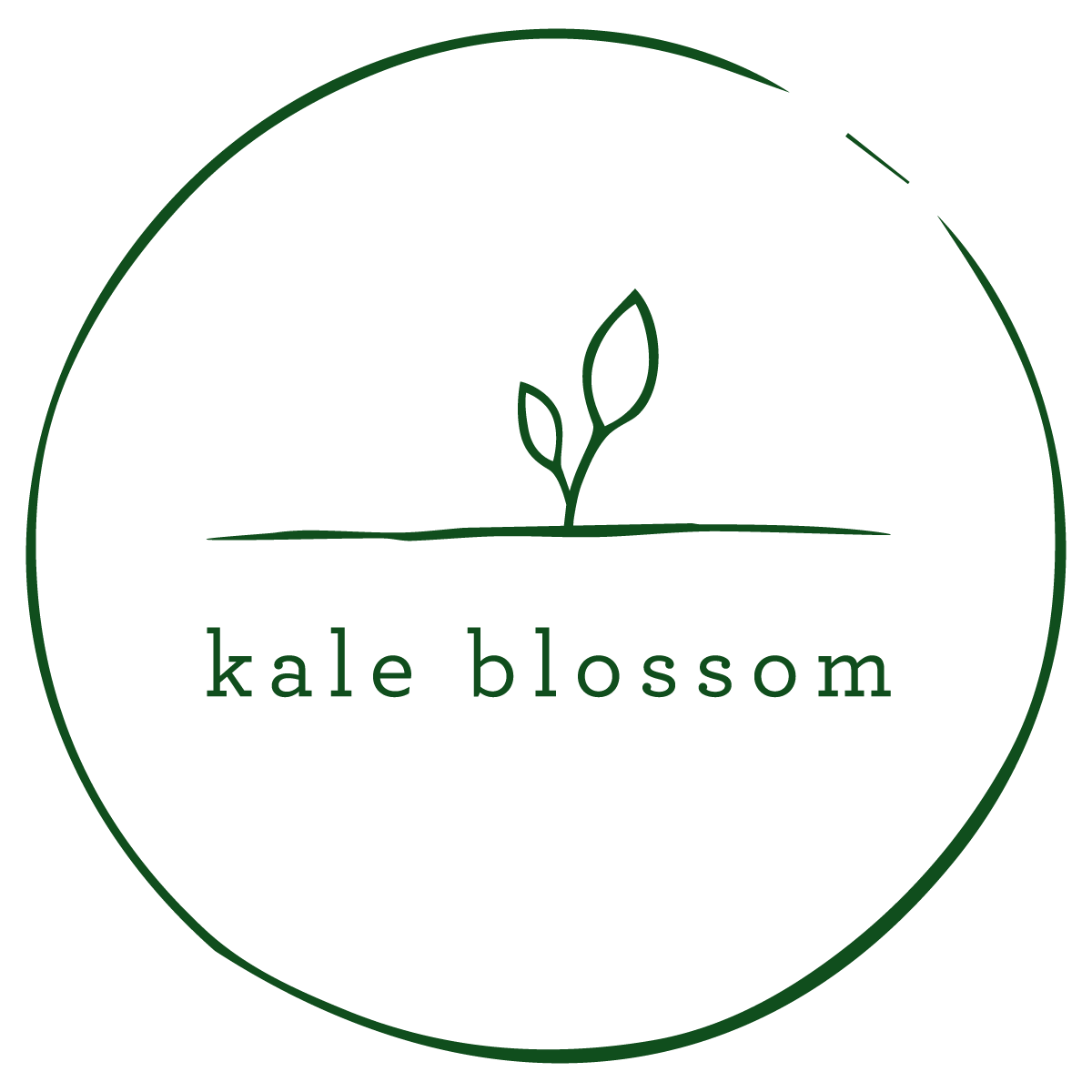It is estimated that 75% or more of Americans report regularly using dietary supplements, most commonly multivitamins. Which can be considered a great thing!!… except for the fact that the supplement world has very appropriately been compared to the wild, wild west due to a lack of regulation and oversight.
It may seem pretty straight forward to begin a multivitamin for general health support, or a probiotic to improve gut health, for example. Simply head to your local big-box store, or hit the world wide web to find the least expensive formula with a quick, better yet FREE! delivery option. Right? Wrong-o, dear friends! Consider the following before you pick your potion or go to purchase a recommendation from your doc…
In July 2019, headlines read, “Amazon warns customers that supplements sold on its site are probably fake”. Whoa! In 2015, stores such as Target, GNC, Walgreens and Wal-Mart were accused of selling “adulterated herbals”. Whoa for the 2nd time!
The 2015 testing was performed on 24 products claiming to be 7 different types of herbs, including garlic, echinacea, ginseng, St. John’s wort, gingko biloba and valerian root. Sadly, all but FIVE of the products contained ingredients that were either unrecognizable or from a plant other than what the product claimed to be. Products contained ingredients such as mustard, radish, carrots, peas or wheat…clearly non-herbal in nature and unrelated to the product’s labeled ingredient. Frustrating, right?! Although these particular ingredients seem harmless enough, they’re certainly not replacements for botanical medicine ingredients nor do we know their origins, potentially exposing consumers to toxic pesticides and other chemicals found in conventionally raised foods.
Furthermore, when purchasing supplements from online, middle-men retailers, there’s more opportunity for fraud, damage, expired products or warehouse conditions rendering the product unsafe or ineffective – for example, most warehouses are not climate controlled, temperatures at certain times of the year can easily reach into triple digits! And when we’re talking particular formulas like probiotics, they certainly require specific climate control, most needing to be deep frozen and then refrigerated to maintain the viability of the beneficial bacteria that make the product what it is). We’ve also experienced firsthand, patients who have gone, unknowingly to refill one of their protocol formulas, and realizing they feel poorly, the capsule smells funny and even in a few cases, in comparing the empty bottle to the “new” formula, the branding is different—only noticeable to the keen eye! This has fraud written all over it and unfortunately, there’s no way to know if it’s the real deal, actual formula or not when purchasing from these unapproved entities.
Not only is this frustrating as a consumer desiring a specific product and not receiving it (hello deception!), but contamination, substitution, and false labeling is not only deceptive, it poses potentially SIGNIFICANT health risks for consumers.
How does this happen?!
Dietary supplements are considered food, and not regulated as a medicine. They are, therefore, under the oversight of the FDA. The FDA requires that dietary supplements are produced with current good manufacturing practices and contain ingredients listed on their labels. However, a portion of their regulatory framework states that the “FDA is not authorized to review dietary supplement products for safety and effectiveness before they are marketed”. Read that again. There’s no review of safety and effectiveness. Yikes!
A large obstacle is that, although, third party testing organizations are available, they’re A. optional and B. expensive. This is clearly an issue, as there is no consistent body ensuring the safety of the products on store shelves.
In February 2019 the FDA announced a plan to modernize regulation of dietary supplements, highlighting more enforcement of existing regulations, that included public-private partnership to improve safety and toxicology testing. A step in the right direction, but still so much work to be done in the wild, wild west of supplement regulation.
We offer the following tips when considering the purchase of dietary supplements:
● Look for supplements that have undergone 3rd party testing. Labels may include USP Verified, NSF International, ConsumerLab.com, UL, or International Fish Oil Standards Program.
● Purchase professional-only supplements: rigorously tested by 3rd party labs, carefully manufactured, and known for efficacy, purity, and quality.
● Seek products manufactured according to FDA’s current Good Manufacturing Practices (cGMP).
● Search for the U.S. Pharmacopeia (USP) standards label – they set purity + identify standards for drugs, food, and supplements.
● Purchase directly from the manufacturer, if able, or from a trusted healthcare practitioner.
● Do a little research on the supplement company – Do they have good customer service? Does their website discuss quality-control measures and 3rd party testing? Do they disclose the entire manufacturing process and label ALL raw ingredients?
● Although great for some things, please please please avoid the middle-man shops, such as Amazon. We’re all about the convenience factor and certainly use Amazon in our day-to-day as busy, working Moms, but at the end of the day it’s about quality and safety!
The following are a few trusted brands we love here at Kale Blossom. These can be found within our “Fullscript” online dispensary, located on our website. (Fullscript requires a free account set-up, no subscription fees, and you may order physician-grade supplements of all varieties, any time you’d like). Or please look to your local, qualified health care providers who may carry them in their clinics or have access to purchasing.
(This list is certainly not all inclusive, simply our preferred choices based on our own research and use in practice + for our own families.)
● Bioclinic Naturals
● Bio-botanical Research
● Designs for Health
● Douglas Laboratories
● Integrative Therapeutics
● Klaire Labs/Prothera
● Metabolic Maintenance
● Metagenics
● Nordic Naturals
● Ortho Molecular
● Pure Encapsulations
● Thorne Research
● Wise Woman Herbals
● Xymogen
We hope this helps to ensure safety for you and your loved ones…because taking charge of your health is a most worthy cause! As long as we can be sure as to the quality of the supplements we’re putting into our bodies! Please always consult with your qualified healthcare provider regarding use of dietary supplements.
Resources:
Emersonecologics.com/Wellevate
Fda.gov
healthfirstconsulting.com
jillcarnahan.com
The Lancet. Dietary supplement regulation: FDA’s bitter pill. Lancet. 2019 Feb 23;393 (10173):718.





